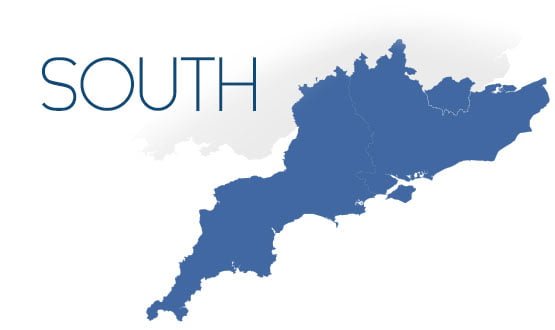Three Southern trusts are preparing a business case to make a “quantum leap” to a full electronic patient record.
Gloucestershire Hospitals, Northern Devon Healthcare, and Yeovil District Hospital together form one of six collaborations involving 21 Southern acute trusts, formed to invest in a variety of new IT systems.
Each group is working on a business case to present to the Southern programme board next month, before going before the Cabinet Office for approval.
Having got nothing from the National Programme for IT in the NHS, the trusts are hoping to secure central funding for the systems.
The collaboration is looking to procure: a PAS+, e-prescribing, pharmacy/pharmacy stock control, clinical documentation, order communications, clinical portal, theatres, A&E, and maternity systems.
Martin Scrace, head of informatics at Northern Devon Healthcare, did not describe the strategy as a best of breed approach, but said integration is the underpinning philosophy.
“Getting all the hospitals on a single EPR is extremely beneficial in terms of operating more efficiently and effectively,” he said. “Alerts and warnings are integral to these products which will make it a much safer patient experience.”
The three trusts cover four general hospitals, 20 community hospitals and some community services.
Scrace said the benefits of the new Southern Acute Programme approach is that trusts retain control by having individual contracts with suppliers and confidence is “quite high” that they will attract central funding.
“Without it [central funding] we will have to do something because the products we have will need replacing at a point in time which is not too far away.
“But what we have got with the central funding is the ability to look at really innovative suppliers and be able to consider a number of options,” he added.
If all goes to plan, the trusts are hoping to complete final contract sign off next spring with deployment to follow later that summer.
Scrace said he hoped to have the key components of an EPR deployed within two years of contract signing.
The trusts have held a number of local supplier demonstrations and clinicians have attended the Southern Acute Programme customer days to see what is available.
“The options have increased. A number of new players seemed to have re-emerged on the UK scene and they do seem to be serious about getting a toe hold into the NHS.”
Scrace said clinical engagement is key and there is a real sense of optimism – after a number of disappointments – that Southern trusts will get new systems at the end of the process.
All three trusts were on the list to get Cerner via the NPfIT and Northern Devon Healthcare was almost in deployment phase when the region’s original local service provider, Fujitsu, exited the programme in 2008.
Scrace said the trust did not participate in the attempt to procure new software via the Additional Supply Capability and Capacity framework, which collapsed late last year.
It has been developing its existing HP products, but “needs to make that quantum leap to the full electronic patient record,” he explained.
The trust had resigned itself to going out to procure the systems it needs as an individual trust – a process that Yeovil and Gloucestershire had already started.
The Southern Acute Programme opportunity was then presented and Northern Devon felt it offered “real value”; with the only doubt being whether Northern Devon could find similar trusts to collaborate with.
“Luckily both Gloucestershire and Yeovil were happy to reconsider where they already were in terms of procurement and we did have quite a close match in terms of our requirements and our legacy systems (HP products),” he said.
Scrace said trusts thinking about collaboration need to make sure they have a “similar philosophy and approach to the task”.
The benefits include the higher number of staff available to work on the project and being a more attractive proposition for suppliers.

